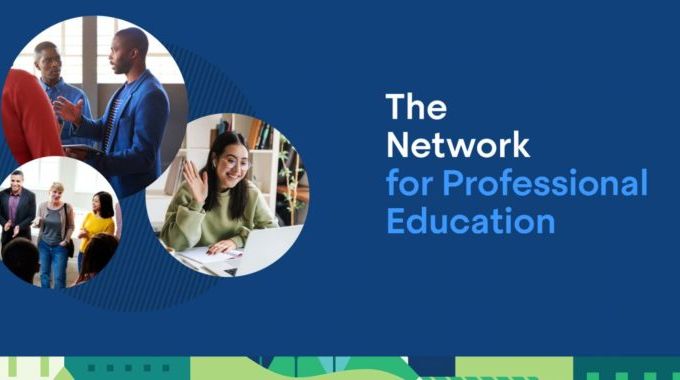POV: Affordable Degrees At Scale

On September 3-5, 2019, a team from DL&I attended the Affordable Degrees at Scale Symposium held in Atlanta, GA. This is the 4th event of its kind, graciously organized by Georgia Tech, arguably the pioneer of the affordable/at scale degree movement. The Symposium is designed is designed to bring together the growing community of institutions that are offering such degrees and provide an opportunity to exchange perspectives and share knowledge.
First, some definitions: These are primarily Masters degrees delivered fully online. “Affordable” means a price tag of around $10k for a one-year degree and around $20k for a two-year degree. (Contrast that with BU’s residential graduate tuition rate, which is around $55k/year for most of our Schools.) “At scale” means having (or aspiring to have) a four-digit number of students enrolled.
Such degrees are commonly offered in partnership with one of the ex-MOOC platforms Coursera, edX and Udacity.
Notable degrees in this space include Georgia Tech’s Online MS in Computer Science, Online MS in Analytics, Online MS in Cybersecurity, University of Illinois iMBA. Here is the full list of affordable master’s degree programs offered through Coursera and edX.
Boston University is boldly entering the affordable/at scale degree space with its announcement of Questrom’s $24k online MBA to be offered in partnership with edX.
Students will undeniably be the primary beneficiaries of this movement since they will now have the option of getting a quality graduate education at a fraction of the cost of more traditional residential programs. Universities who succeed in offering such degrees will also benefit, by developing processes and capacity that will help them connect into new and growing segments of learners.
Here are some notable takeaways from this year’s Symposium:
- Most of these degrees target a different student population than their residential counterparts. Online students are typically older, fully employed who view the degree as a means for career advancement (as opposed to career change). The potential for cannibalization of residential programs is, thus, much lower than some schools originally feared.
- In addition to lower cost, flexibility and the option of completing the degree after “trying it out” via stackable non-degree certificate modules (such as Coursera’s Mastertrack Certificates and edX’s Micromasters) appear to be key draws for learners. In some cases, two-thirds of the enrolled degree students came to the degree via those alternative pathways.
- The stackable model enables an alternative way of selecting students: performance-based admissions. The completion of non-degree certificates or Micromasters provides valuable information about a learner’s capacity to successfully complete the program. Some programs automatically admit students who do well enough in those non-degree modules.
- Everyone is still learning how to do this well; the key challenge is how to deliver a positive student experience at scale. The currently dominant delivery model relies on course facilitators/TAs assigned to small groups of students (typically 50 students per facilitator). Facilitators conduct live sessions that supplement recorded lecture videos and serve as the primary interface between students and the faculty. Once a program scales to thousands of students, it becomes necessary to recruit, train and manage a “small army” consisting of a few hundred facilitators. How to do this well, and what alternative delivery models might scale better, is one of the frontiers of research and practice in this space.
- How to scale assessments and grading is another challenge. Anything other than automated (e.g. multiple-choice question) grading poses issues when the number of students is in the thousands. One approach that schools have tried is to rely on peer grading of assessments. This idea came from MOOCs and has merits, but also challenges. Another idea is to shift away from traditional “exam” assessments and utilize competency-based assessment based on games and simulations. How to do assessment at scale is another area where we will see interesting new ideas in years to come.
- The technology to support large-scale degrees is still evolving. The key platforms (Coursera, edX) still lack key features; most programs rely on integration of third-party tools to supplement the, still evolving, baseline platform functionality.
Questrom’s online MBA degree will require effective and scalable solutions to all of these questions. DL&I is excited to be a key participant in the effort—the endeavor will provide valuable knowledge and capacity to Boston University that will prepare us for the future of degrees, whichever direction it might take.
 About the Author: Chris Dellarocas is Boston University’s Associate Provost for Digital Learning & Innovation and Richard C. Shipley Professor of Information Systems at the Questrom School of Business. As Associate Provost, Dellarocas leads the advancement of activities that enhance education at BU through the strategic use of digital technologies.
About the Author: Chris Dellarocas is Boston University’s Associate Provost for Digital Learning & Innovation and Richard C. Shipley Professor of Information Systems at the Questrom School of Business. As Associate Provost, Dellarocas leads the advancement of activities that enhance education at BU through the strategic use of digital technologies.


